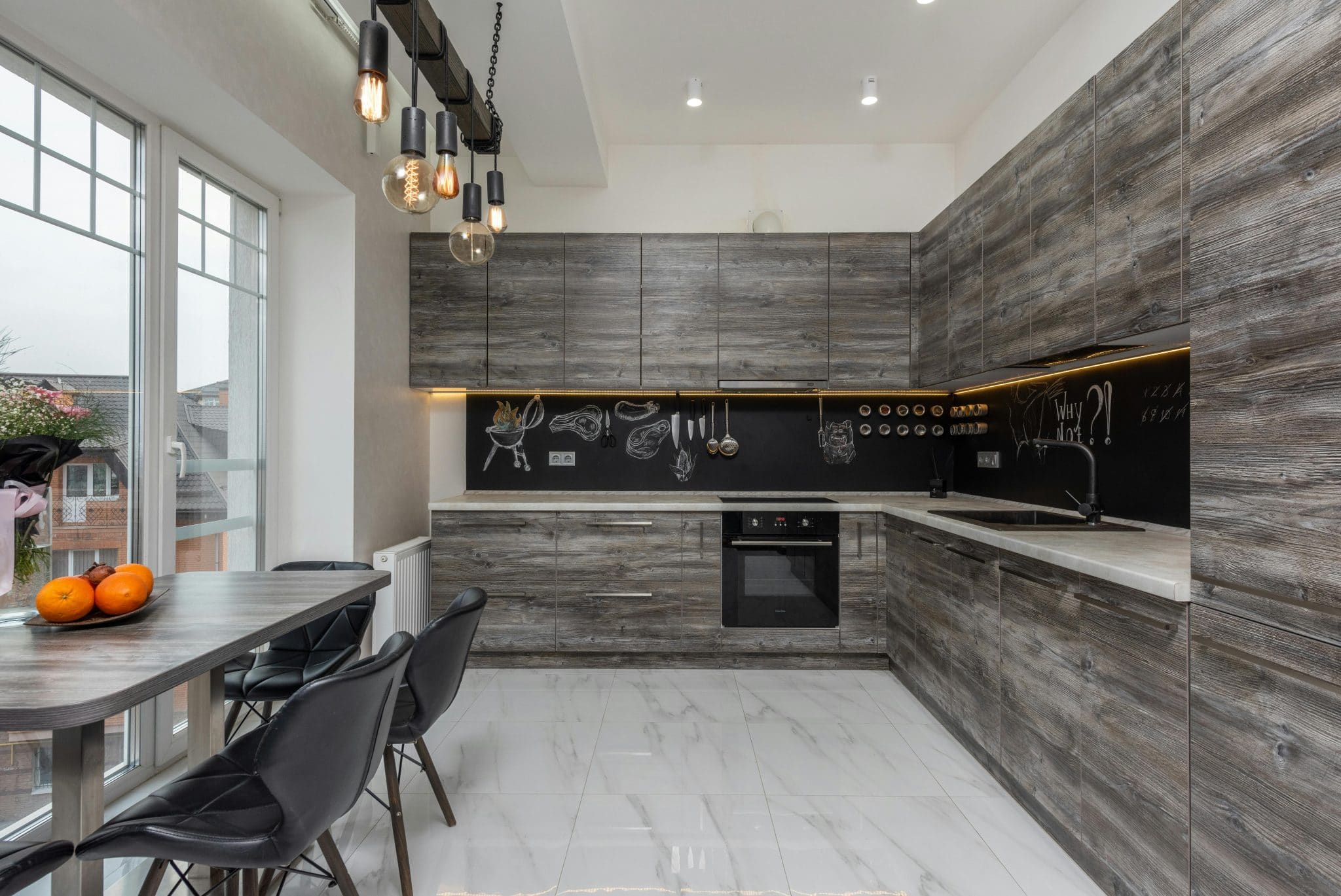Kitchen Appliance Repair: DIY Fixes for Common Cooking Equipment Problems
In today’s fast-paced world, we heavily rely on our kitchen appliances to make cooking and preparing meals easier and more efficient. However, just like any other machine, our cooking equipment can also encounter problems and breakdowns. Whether it’s a faulty oven or a malfunctioning microwave, these issues can disrupt our daily routines and cause inconvenience. But before you call a repair technician and spend a hefty amount of money, why not try fixing it yourself? With a little knowledge and some basic tools, you can troubleshoot and solve common cooking equipment problems on your own. In this article, we’ll discuss some DIY fixes for common kitchen appliance issues.
Identifying the Problem
The first step in repairing any kitchen appliance is to identify the problem. This might seem obvious, but many people skip this step and end up wasting time and effort on unnecessary repairs. The most common issues with cooking equipment include malfunctioning or unresponsive buttons, lack of power, and unusual noises. Before you start disassembling your appliance, take a closer look and try to determine the cause of the problem. Check the power supply, inspect the wiring, and listen for any strange sounds. Once you have identified the issue, you can proceed with the appropriate fix.
Fixing Unresponsive Buttons
One of the most frustrating issues with kitchen appliances is unresponsive buttons. This can happen due to a malfunctioning control board, debris buildup, or faulty wiring. The first thing you should do is unplug your appliance from the power source. Next, carefully remove the control panel or the button that is not working. Clean the area thoroughly using a soft cloth and some rubbing alcohol. If the button still doesn’t respond, you might need to replace the control board or the button itself. You can find replacement parts and step-by-step guides online, or you can contact the manufacturer for assistance.
Dealing with Lack of Power
If your appliance is not turning on or receiving power, there are a few things you can check before calling a repair technician. First, make sure that the power cord is plugged in properly and that the outlet is functioning. If the issue persists, you might need to check the internal wiring and connections. A loose or damaged wire can cause your appliance to lose power. Again, make sure to unplug your appliance before attempting to fix any wiring. If you’re not confident in your skills, it’s best to consult a professional.
Handling Unusual Noises
Strange noises coming from your appliance can be a sign of a more serious problem. It’s important to address this issue as soon as possible to prevent further damage. If your oven is making a buzzing sound, it could indicate a problem with the heating element. A hissing or sizzling sound from your microwave could mean that the diode is faulty. For these types of problems, it’s best to seek professional help, as they require technical knowledge and proper tools to fix.
Preventing Future Issues
Once you have successfully fixed your cooking equipment, it’s important to take preventive measures to avoid future issues. Regular maintenance and cleaning can go a long way in keeping your appliances in good condition. Make sure to read the manufacturer’s manual and follow their recommended maintenance schedule. Clean any debris or spills immediately to prevent damage or electrical issues. And if you notice any strange or unusual behavior from your appliance, don’t hesitate to seek professional help.
Conclusion
While it’s great to be able to fix common kitchen appliance problems on your own, it’s important to know when to seek professional help. Some issues require technical knowledge and special tools, which only a trained technician can handle. Also, always prioritize your safety when dealing with any electrical appliances. If you’re not confident in your skills, it’s best to leave the repairs to the experts. However, with a little knowledge and some basic tools, you can save time and money by fixing simple problems yourself. Regular maintenance and cleaning can also prolong the lifespan of your cooking equipment and prevent major breakdowns. Remember to always read the manual and follow the manufacturer’s recommendations for proper use and maintenance. Happy cooking!










